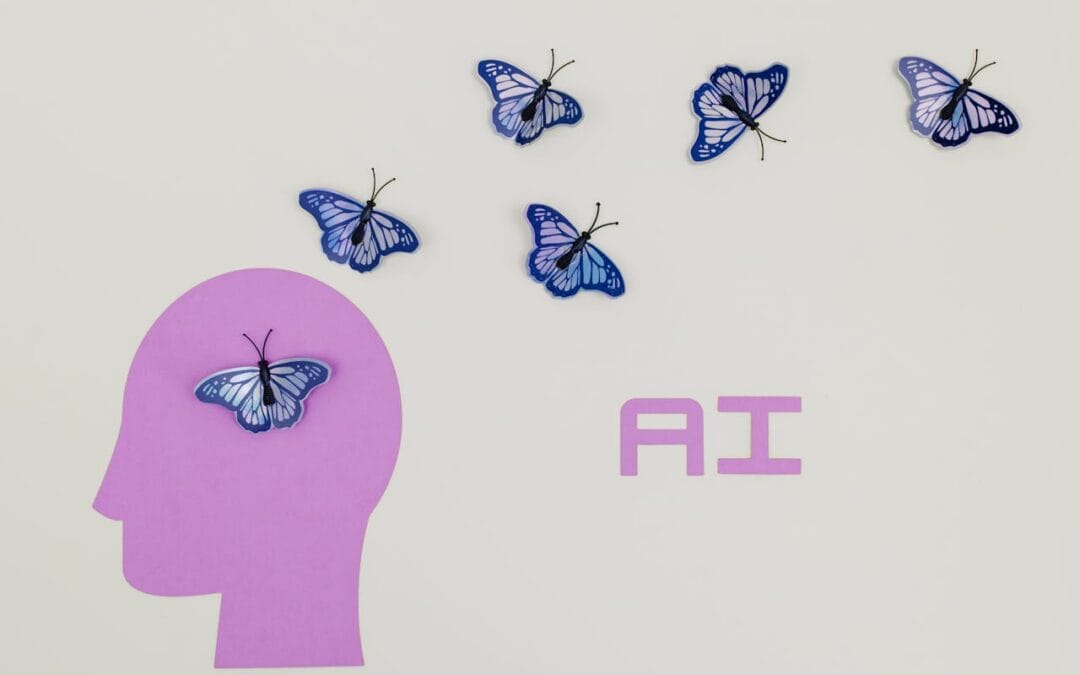AI-powered personal assistants have rapidly evolved, transforming how people interact with technology. From simple voice commands to sophisticated automation and predictive analytics, these assistants are becoming integral to both personal and professional environments. This article explores the current advancements, benefits, challenges, and future potential of AI-driven personal assistants.
Table of Contents
The Evolution of AI-Powered Personal Assistants
AI assistants have come a long way from basic voice commands to highly intelligent systems capable of performing complex tasks. Key milestones include:
- Early Voice Assistants: Apple’s Siri, Google Assistant, and Amazon Alexa pioneered voice-based interactions.
- AI and Machine Learning Integration: Modern assistants use AI to understand context and improve response accuracy.
- Personalized Automation: AI can now predict user needs and automate tasks based on behavioral patterns.
- Multimodal Interactions: Assistants now incorporate text, voice, and visual recognition for seamless experiences.
Benefits of AI-Powered Personal Assistants
AI assistants offer numerous advantages, including:
- Increased Productivity: Automating repetitive tasks and managing schedules efficiently.
- Enhanced Customer Service: Businesses use AI chatbots to provide 24/7 customer support.
- Improved Accessibility: AI assists users with disabilities through voice commands and smart automation.
- Data-Driven Decision Making: AI collects and analyzes user data to offer personalized recommendations.
- Integration with IoT: Smart home devices seamlessly work with AI-powered assistants.
Challenges and Ethical Concerns
Despite the advancements, AI-powered assistants come with challenges, such as:
- Privacy and Data Security: Storing and processing personal data raises concerns about data breaches and misuse.
- Bias in AI Algorithms: AI models can inherit biases, leading to unfair or inaccurate responses.
- Dependence on Connectivity: AI assistants require internet access, making them unreliable in offline scenarios.
- Job Displacement: Automation may replace certain human jobs, raising economic concerns.
Future Trends in AI-Powered Personal Assistants
The next generation of AI assistants is expected to bring revolutionary improvements, such as:
- Advanced Conversational AI: AI will be capable of more natural, context-aware conversations.
- Emotional Intelligence: Future assistants will detect and respond to emotions using sentiment analysis.
- Deeper Integration with Augmented Reality (AR) and Virtual Reality (VR): AI assistants will enhance immersive experiences.
- Stronger Data Privacy Measures: AI systems will offer enhanced encryption and user control over data.
- AI-Powered Decision-Making: AI will proactively suggest actions based on real-time data analysis.
External Resources for AI Assistant Insights
For further reading on AI-powered personal assistants, check out these resources:
Policies and Guidelines for AI and Data Privacy
To ensure ethical AI development and usage, follow these policies:
Conclusion – Embracing the AI Revolution
AI-powered personal assistants are set to redefine the way individuals and businesses operate. While challenges remain, continuous advancements in AI, machine learning, and data security will shape a future where AI assistants become even more indispensable.
By staying informed and adapting to these changes, businesses and individuals can harness the full potential of AI-powered personal assistants to enhance efficiency, convenience, and overall digital experiences.
Image: Pexels

